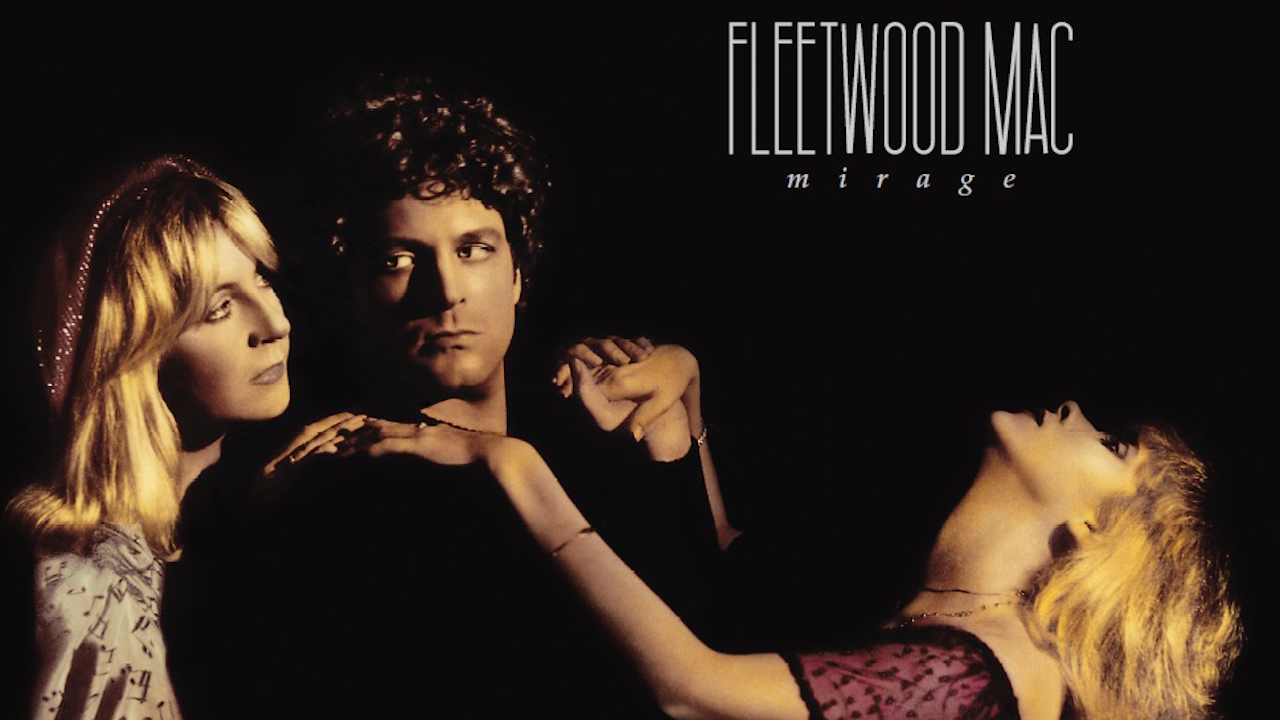You can trust Louder
These days, Mirage is regarded as the weak link in the Buckingham/Nicks-era Fleetwood Mac chain, the lesser, overlooked one – a strange thing to say, perhaps, about their last No.1 studio album, one that spent five weeks at pole position, sold millions of copies and bequeathed three US hit singles.
Nevertheless, it doesn’t have the highs of 1975’s self-titled album, or the sheer consistency and commercial heft of Rumours; it lacks the arty kudos latterly afforded Tusk; it’s not an 80s pop blockbuster like Tango In The Night, or a late-period masterpiece like 2003’s Say You Will. It’s the one from before their critical rehabilitation, when they were still considered to be vacuous purveyors of soft-rock pabulum.
This is a deluxe reissue, with a CD of 19 rarities, demo versions, outtakes of songs that didn’t make it to the album, an unreleased cover of Fats Domino’s Blue Monday and the rare, extended mix of Gypsy used in the music video. There’s a third CD of more than a dozen live performances recorded in Los Angeles during the Mac’s 1982 American tour too.
Mirage itself comes across like an apology for the wayward Tusk. Buckingham reins in his more experimental tendencies, playing it straight on Can’t Go Back, Book Of Love and the high-school hop-pop of Oh Diane, although he manages to secrete some tricksy guitar and harsh drum textures towards the end of Eyes Of The World.
Christine McVie’s four contributions include the perky Hold Me, a dry run for Little Lies. The highlight is Stevie Nicks’s Gypsy, completing a triptych of perfectly sorrowful witchy pop songs that also includes Rhiannon and Sara.
Sign up below to get the latest from Classic Rock, plus exclusive special offers, direct to your inbox!
Paul Lester is the editor of Record Collector. He began freelancing for Melody Maker in the late 80s, and was later made Features Editor. He was a member of the team that launched Uncut Magazine, where he became Deputy Editor. In 2006 he went freelance again and has written for The Guardian, The Times, the Sunday Times, the Telegraph, Classic Rock, Q and the Jewish Chronicle. He has also written books on Oasis, Blur, Pulp, Bjork, The Verve, Gang Of Four, Wire, Lady Gaga, Robbie Williams, the Spice Girls, and Pink.


